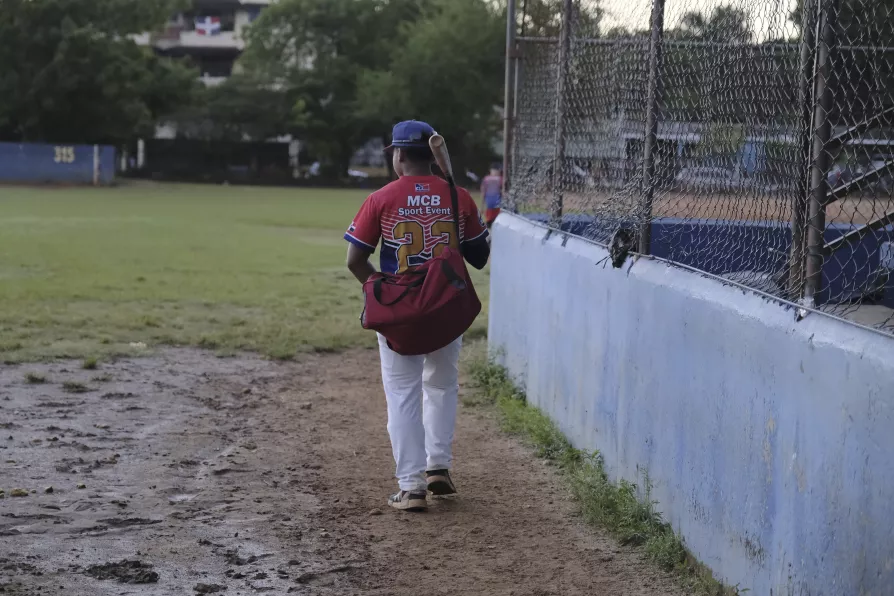England rise, France gamble and Ireland search for stability in the wide-open title race which begins on Thursday, writes FOSTER NIUMATA
Dominican baseball reflects broken system

 A teenage baseball player, wearing an MCB Sport Event jersey, arrives for practice at the Trinitarios ballpark in Santo Domingo, Dominican Republic, February 5, 2025
A teenage baseball player, wearing an MCB Sport Event jersey, arrives for practice at the Trinitarios ballpark in Santo Domingo, Dominican Republic, February 5, 2025
THERE was little sleep in the days leading up to January 15.
Dozens of teenage baseball players across the Dominican Republic lay in bed, unable to close their eyes. They had batted, pitched and run until sore, sacrificing time away from family since they were children with hopes of returning with a life-changing pay day. Hopes of becoming the next David Ortiz or Pedro Martinez — big league stars with inconceivable financial security.
Suddenly, for some, that future they fought for was at risk, all because of one promising pitcher half a world away.
Similar stories

Norwegian’s French Open struggle lays bare brutal truth in elite game — playing in pain isn’t the exception, it’s the expectation, writes HOWARD FENDRICH

As the transformation of the game in Europe continues, Umea IK is among the unfashionable clubs of yesteryear who know they can no longer compete

Changes aim to give student athletes greater control over the start of their careers











